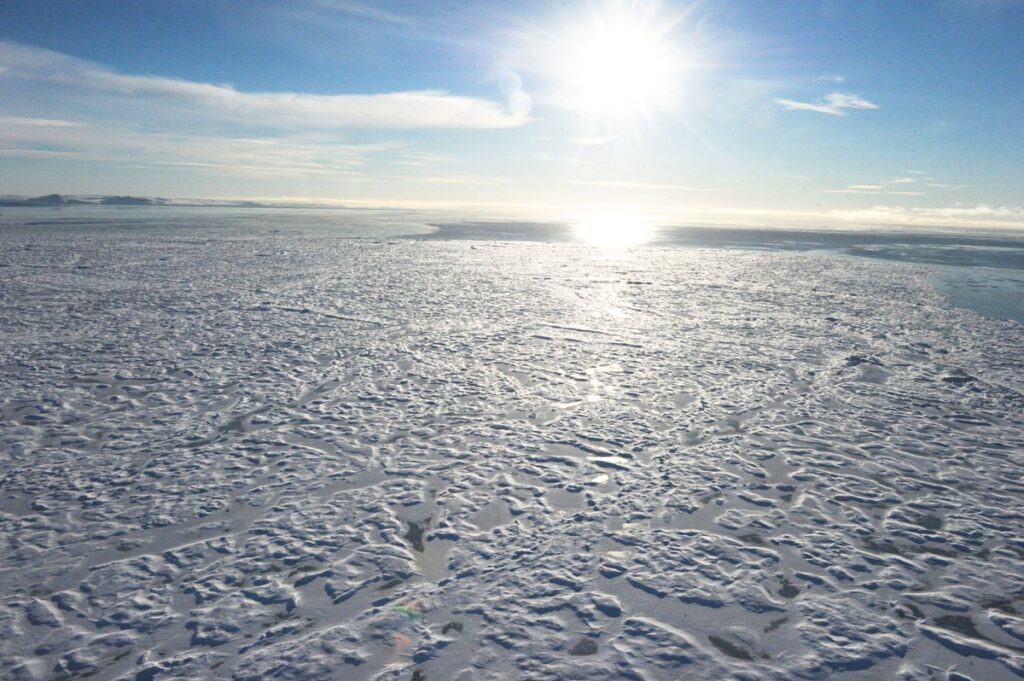UK Funds Geoengineering Initiatives Amid Controversies
By Chelsea Harvey & E&E News
Introduction
As winter descends and temperatures drop, scientists are set to embark on a significant experiment in the Canadian Arctic. Their goal is to refreeze rapidly melting sea ice through a project known as Re-Thickening Arctic Sea Ice (RASi).
Details of the RASi Project
The RASi initiative involves pumping seawater from the ocean to freeze on existing ice floes, targeting an area of up to one square kilometer over the next three winter seasons. The researchers aim to evaluate the ecological impacts of this intervention and study the longevity of the ice throughout the summer months.
Funding and Support
This project is among several geoengineering experiments backed by the UK’s Advanced Research and Invention Agency (ARIA), which recently announced an investment of approximately $60 million across 21 climate-cooling projects. Established in 2023, ARIA supports diverse research fields, with geoengineering being among its more contentious areas of focus.
Debate Surrounding Geoengineering
Proponents of such geoengineering research argue it is essential for addressing climate change, especially considering ongoing challenges in reducing greenhouse gas emissions in alignment with the Paris Agreement. They emphasize understanding the advantages and potential side effects of innovative climate-cooling technologies.
Conversely, critics express concern that investment in geoengineering may divert attention and resources away from crucial fossil fuel phase-out efforts. Such skepticism has grown, particularly after issues arose with other geoengineering efforts, including those by Harvard University and unauthorized projects like Make Sunsets in Mexico.
Global Reactions and Future Considerations
The announcement of ARIA’s funding has drawn mixed responses from the scientific community and environmental organizations. Mary Church, a campaign manager at the Center for International Environmental Law, cautioned that the UK Government is risking a potentially hazardous arms race in geoengineering technology, which could complicate existing geopolitical tensions. Meanwhile, advocates like Kelly Wanser from SilverLining commend ARIA’s commitment to responsible scientific inquiry into climate interventions.
Amidst these debates, the significance of maintaining carbon emission reduction as a priority for combating climate change remains clear. Mark Symes, an ARIA program director, emphasized the necessity of ongoing research to assess the safety and feasibility of such geoengineering approaches.


